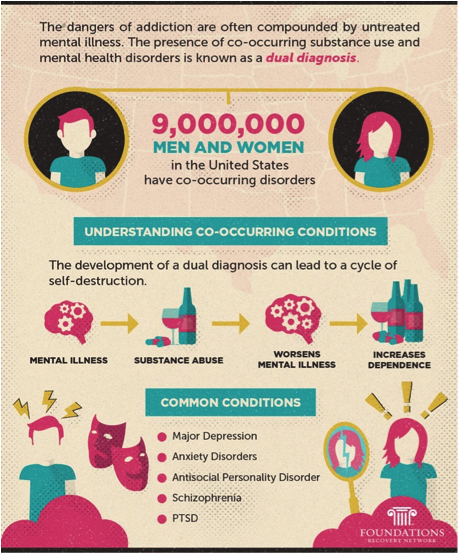Choosing a Treatment Center

Choosing a Treatment Center
You are not alone when choosing a treatment center. You have access to professionals, peers and resources. Treatment centers that offer support and information during these early stages of recovery. The Lighthouse guides patients to the treatment center that best meets their unique personal needs even if that center is not ours. We offer in-depth assessments and comprehensive, integrated care for addiction and mental health issues. Choosing a treatment center does not have to be confusing or stressful. Get information and support. Let us help you make the right choice.
Assess Your Recovery Needs
Begin your recovery by talking with professionals. You can speak with a medical professional, mental healthcare provider, addiction specialist or admissions coordinator. You can speak with one of these individuals or get information and encouragement from all of them. The Substance Abuse and Mental Health Services Administration[1] recognize six, “Assessment dimensions to be evaluated in making placement decisions.” These include the following:
- Acute intoxication and/or withdrawal potential
- Biomedical conditions and complications
- Emotional, behavioral, or cognitive conditions and complications
- Readiness to change
- Relapse, continued use, or continued problem potential
- Recovery/living environment
A medical professional can help assess withdrawal and biomedical concerns.
Mental health professionals can identify co-occurring issues such as depression or post-traumatic stress disorder.
Therapists can provide motivation for change.
Counselors and peers provide support for long-term recovery.
A complete assessment from an addiction specialist will give you the most complete picture of your recovery needs.
Choose a Treatment Center That Meets Your Physical Healthcare Needs
Your physician can help you evaluate the impact drug or alcohol use is having on your physical health. This can help you determine if you need a treatment center that offers more incorporated physical health care. Your doctor can recommend recovery specialists. However, do not rely on him or her to recognize addiction or recommend treatment without prompting on your part. NIDA Centers of Excellence for Physician Information[2] shares, “Substance use disorders affect 45% of patients who present for medical care but are routinely unrecognized by healthcare providers.” This is not only the fault of doctors, as, “Patients with substance use disorders are often reluctant to reveal them. They may fearnegative judgments, be embarrassed about their inability to control their lives, or be in denial about the extent of their problems.
In a variety of subtle or not-so-subtle ways, patients effectively avoid disclosure. Their methods include not listening to questions; minimizing use or consequences of use; changing the topic; showing irritation, anxiety, or other symptoms that discourage further inquiry; blocking many facts from th
eir own consciousness; and outright lying.” If you are worried about your substance use, speak up. Be honest about what you are experiencing. Ask your doctor questions. Get second opinions and talk to specialists. Don't wait for your primary care provider to approach you about substance use. Listen to concerns. Reach out for initial help and assessment.
Choose a Treatment Center That Meets Your Mental Healthcare Needs
A mental healthcare provider can help you understand your recovery needs. Addiction and other mental health issues overlap. When mental health concerns co-occur with addiction, this is referred to as a dual diagnosis. No matter the specific diagnosis involved, if you face multiple mental health issues, choose a comprehensive, integrated care.
The National Alliance on Mental Illness[3] explains, “Because there are many ways in which a dual diagnosis may occur treatment will not be the same for everyone.” This is one of the many reasons a complete mental health assessment will help you choose a treatment center. Understand the recovery challenges you face. Talk with a mental healthcare provider or treatment center that will help you learn about various treatment programs and how they can work for you.
Written by Foundations Recovery Network
[1] https://www.ncbi.nlm.nih.gov/books/NBK64109/. “Settings, Levels of Care, and Patient Placement.” Substance Abuse and Mental Health Services Administration. 2006. Web. 31 Oct 2016.
[2] https://webcampus.drexelmed.edu/nida/module_1/default_FrameSet.htm. “The Clinical Assessment of Substance Use Disorders.” NIDA Centers of Excellence for Physician Information. 2012. Web. 30 Oct 2016.
[3] http://www.nami.org/Learn-More/Mental-Health-Conditions/Related-Conditions/Dual-Diagnosis. “Dual Diagnosis.” National Alliance on Mental Illness. Web. 31 Oct 2016.














